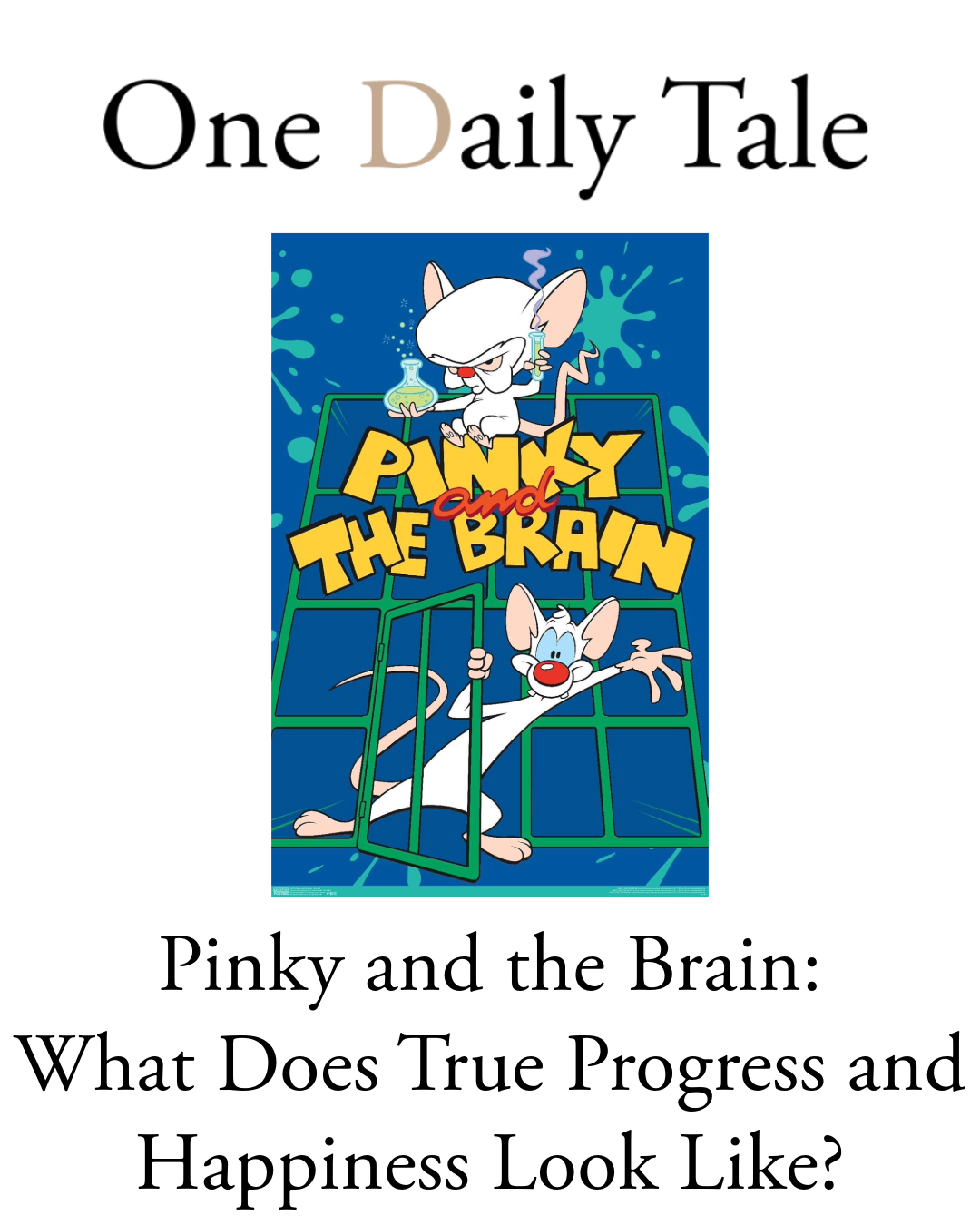Does Success Require Others or Can We Achieve It Alone?
Pinky and the Brain was one of my favorite TV shows when I was a kid. I first discovered it on Canal+, a French channel that was usually paid but could sometimes be watched freely. This American animated sitcom, created by Tom Ruegger for the Kids’ WB programming block of The WB, aired from 1995 to 1998. The show follows genetically enhanced laboratory mice, Pinky and The Brain, who reside in a cage at Acme Labs. Pinky is good-natured but feeble-minded, while The Brain is highly intelligent, self-centered, and constantly scheming.
In each episode, The Brain devises a new plan to take over the world, but his efforts always end in failure. These failures stem from various causes—his own overconfidence, Pinky’s bumbling, flaws in his plans, or circumstances beyond his control. When viewed through the lens of human nature, this dynamic reflects a fundamental truth: while individuals can achieve a great deal on their own, humans are inherently social beings. From birth, we are tied to others, beginning with our mothers and extending into the broader society.
I have always found it surprising how much faith The Brain places in Pinky, despite his repeated failures. Though he often treats him with condescension, he also displays compassion—choosing to involve Pinky in his plans rather than attempting to rule the world alone. This dynamic raises a critical question:
Is Progress at the Expense of Others True Progress?
Can we truly achieve success and happiness while ignoring the suffering of others—or worse, causing it? Throughout history, power has often been concentrated in the hands of a few, who have lived in wealth while the majority struggled. This was true in Japan, France, and remains the case in much of the world today.
For centuries, elites have avoided raising the educational level of the masses. Why? Because an informed population would recognize the injustice of the system, potentially challenging their privileges. Some may argue that this is simply human nature, but I believe that people can change.
While our environment shapes us in profound ways, we now understand how much the brain is molded by external influences. With this knowledge, we hold the key to shaping a better world—one where true progress is not measured by individual power or wealth, but by the collective well-being of all.
What do you think? Can a society truly advance if its progress benefits only a select few? Share your thoughts in the comments!










Leave a Reply